Drop Me a Line
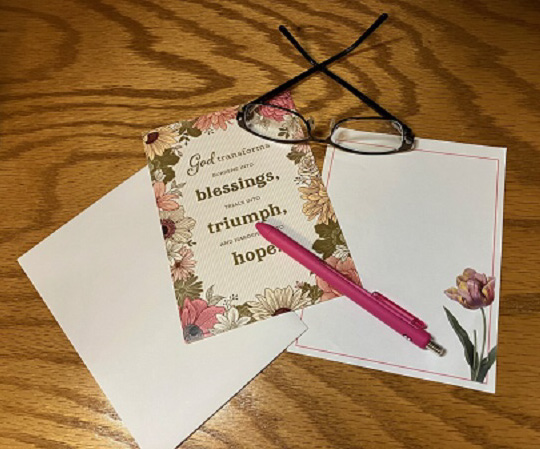 I love when people drop me a line. Don’t you? A card or note out of the blue lifts my spirits.
I love when people drop me a line. Don’t you? A card or note out of the blue lifts my spirits.
Those few words tell me:
- I’m thinking about you.
- I love you.
- Wish I could be with you.
- I hope you are okay.
When we ask someone to drop us a line, we want a letter or note.
Although not as common an expression as in the past, we still use it. We write in lines, so the expression relates to those lines of words.
Of course, we use social media and texts most often now. However, those contacts cannot take the place of letters or cards, labors of love to hold and treasure.
When we drop someone a line, we take time for them.
We let them know we are thinking about them. They are:
- Important to us
- Valued by us
- Worthy of our time
Stay in touch with one another.
We have no guarantee of future time together. Make the most of every moment.
- Visit.
- Write.
- Call, text, or use social media.
Let people know you love them.
Though I have much to write to you, I would rather not use paper and ink. Instead I hope to come to you and talk face to face, so that our joy may be complete. (2 John 1:12 ESV).
Thanks to Michele Weisman with Walking on Mustard Seeds for the suggestion.
Do you have an expression you want explained or a thought about this one? If so, please comment below.
Subscribe to receive my weekly posts by email and receive a free copy of “Words of Hope for Days that Hurt.”
If you enjoyed this post, please share it with your friends.
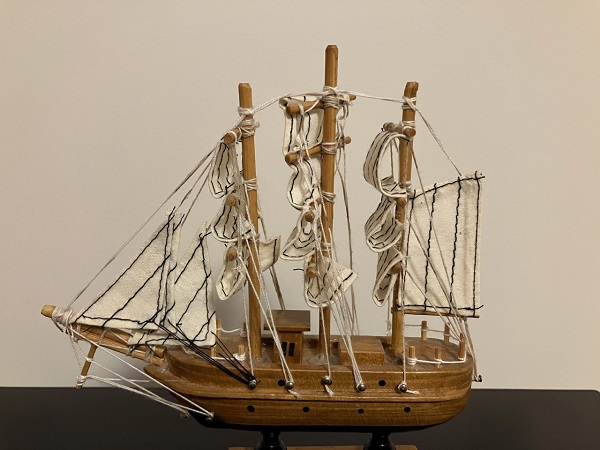
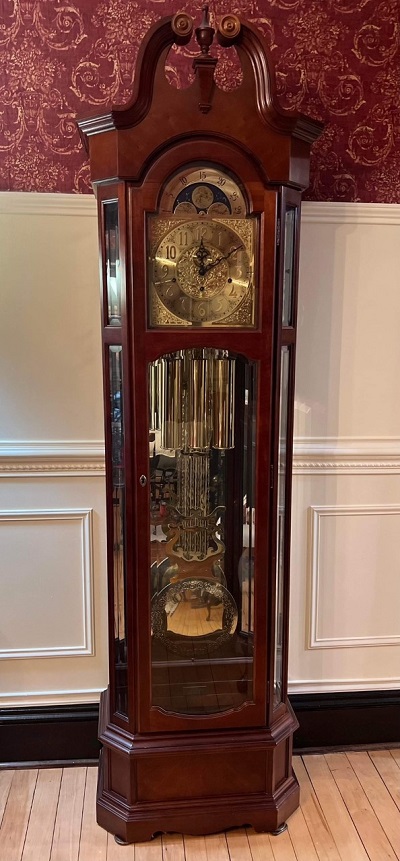

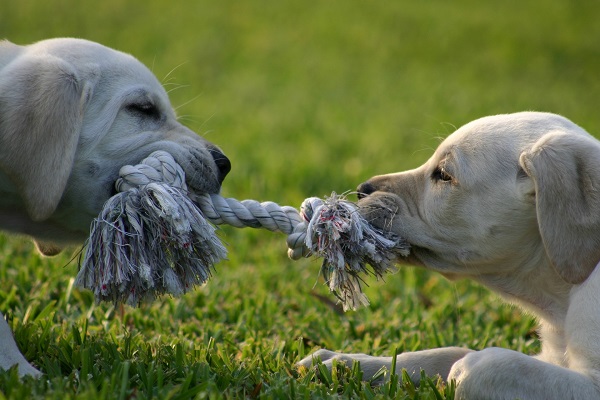



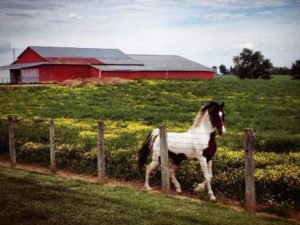
 Our family had horses when I was a teenager. I loved to ride, but my sister preferred to keep both feet on the ground. She did not trust horses, especially when they chomped at the bit.
Our family had horses when I was a teenager. I loved to ride, but my sister preferred to keep both feet on the ground. She did not trust horses, especially when they chomped at the bit. Someone asks a question. We don’t know the answer. What do we do? We may say, “You’re guess is as good as mine.”
Someone asks a question. We don’t know the answer. What do we do? We may say, “You’re guess is as good as mine.”